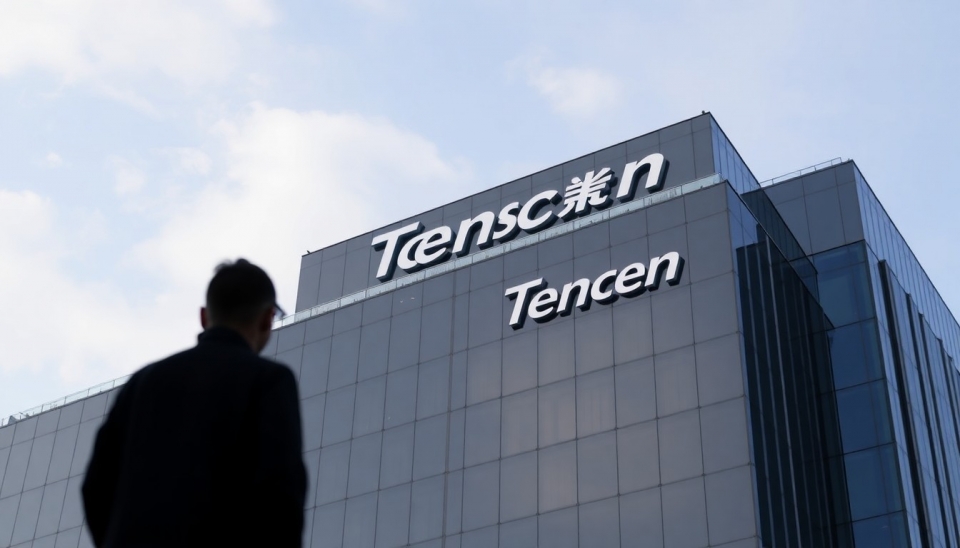
Tencent Holdings Ltd., the Chinese tech giant renowned for its diverse digital offerings, has initiated a significant stock buyback program, which marks its most substantial repurchase effort since 2006. This strategic move comes in response to mounting challenges, including the company's addition to a U.S. blacklist, which has heightened investor uncertainties regarding its future growth potential.
On January 8, 2025, Tencent announced its decision to buy back up to 33 billion Hong Kong dollars (approximately $4.2 billion) of its shares over a period of six months. This decision was largely influenced by the deteriorating external market conditions and increasing pressures stemming from regulatory scrutiny. The buyback is seen as a clear signal to the market that Tencent remains committed to enhancing shareholder value, especially amid fluctuating stock prices exacerbated by global economic factors.
The U.S. blacklist, which classifies Tencent among certain companies deemed to pose national security risks, has raised alarm among international investors. This development has led to speculation about the company's long-term viability and its capacity to grow in an increasingly competitive market. However, Tencent's buyback initiative stands as a testament to its confidence in the resilience of its business model and future operations.
Financial analysts view this buyback as a double-edged sword. While it demonstrates a proactive approach to managing the company's stock amidst external challenges, it also raises questions about the allocation of capital, particularly in light of Tencent's ongoing investments in new technologies and sectors. As the tech industry continues to evolve rapidly, the focus will likely shift between immediate shareholder returns and long-term growth initiatives.
Investors reacted positively to the announcement, with Tencent shares experiencing a notable uptick shortly after the news broke. This buyback not only aims to provide price support but also reinforces investor confidence in Tencent's strategic direction, despite the current geopolitical tension influencing market sentiment.
The backdrop of this buyback is a bustling landscape for Tencent, which has faced substantial hurdles over the past few years, including increasing competition from domestic rivals and shifts in consumer behavior. The firm has also been subjected to strict regulatory measures from the Chinese government, impacting its operations and restricting certain business activities.
Looking ahead, the buyback program is expected to bolster Tencent's stock performance in the near term, while the company continues to explore avenues for innovation and diversification to mitigate the risks posed by external pressures. The overall health of Tencent's business will ultimately depend on its ability to navigate these challenges effectively while maintaining sustainable growth.
In conclusion, Tencent's recent buyback initiative reflects a robust response to external challenges, particularly the implications of the U.S. blacklisting. Its commitment to enhancing shareholder value showcases confidence in its evolving business landscape, as it both confronts immediate challenges and strives for long-term success.
#Tencent #StockBuyback #USBlacklist #InvestorConfidence #ChineseTech #MarketTrends #ShareholderValue
Author: John Miller




